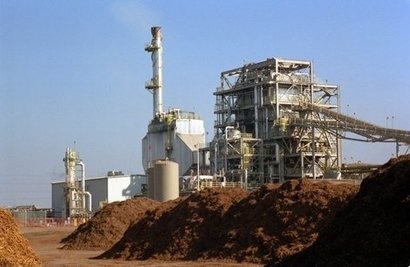
The facility will use the torrefaction process to produce wood biomass pellets. The process carbonises woody biomass at a relatively low temperature, resulting in a type of pellet that is generally superior, in terms of water resistance and grindability, to pellets or woody chips produced only from woody biomass. The torrefied pellets also have an increased energy density which helps to deliver additional benefits such as reduced logistics costs.
Nippon Paper Industries will begin demonstrative production of 8,000 tons per year in collaboration with Phoenix Pulp and Paper Public Company (PPPC), using accumulated torrefaction technology with a view to ultimately commercialising it. The demonstration facilities will be developed at PPPC’s mill in north eastern Thailand. This will utilise woody material obtained from a contracted forested site nearby. Production of the torrefied pellets will begin in spring 2017 with an assessment of the potential for commercialisation scheduled for late December of the same year, following a mixed combustion experiment with a pulverised coal boiler at Kushiro Mill in Hokkaido, Japan.
Nippon Paper Industries envisions installing commercial production facilities with a yearly production capacity of 80,000-ton when the process is ready for commercialisation. The company will also conduct market research in Asia with Mitsui & Co., Ltd. while demonstrative experiments are being conducted.
There is a continuing global demand for woody biomass fuel, particularly in Japan. Torrefied pellets may provide greater benefits than other types of woody biomass and Nippon Paper Industries is hoping to expand its growth potential in the near future.
For additional information:

